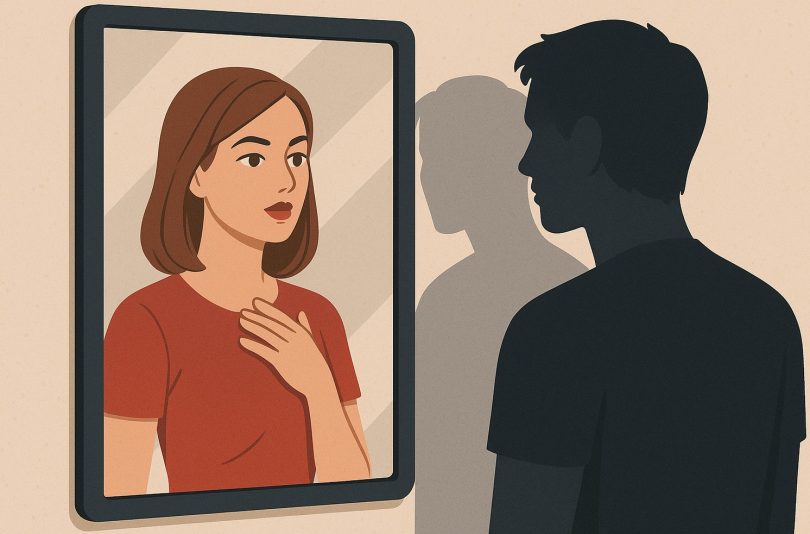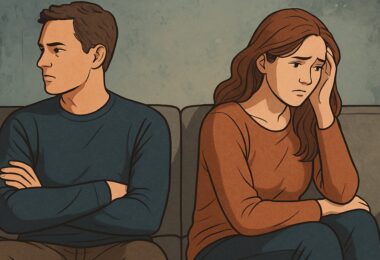Main Character Syndrome is ruining modern relationships—learn how self-obsession affects dating and how to fix the emotional imbalance.
- What Is “Main Character Syndrome”?
- Why It’s Toxic for Relationships
- How to Spot It—And What to Do Instead
- Final Thoughts: Real Love Needs Real Balance
Social media may have convinced us that being the “main character” is empowering, but when it creeps into our relationships, it creates emotional chaos and disconnection.
What Is “Main Character Syndrome”?
“Main Character Syndrome” is a mindset where someone views themselves as the central figure in every story—even within romantic relationships. While confidence and self-worth are important, this mindset often leads to ignoring a partner’s needs and treating them like background characters in one’s personal narrative. It’s a modern narcissistic twist, often amplified by Instagram aesthetics, dating apps, and TikTok trends that reward self-obsession.
Why It’s Toxic for Relationships
When one partner always seeks the spotlight, emotional intimacy suffers. The relationship becomes unbalanced, communication turns one-sided, and genuine connection fades. This self-centered dynamic can trigger insecurity, resentment, and emotional exhaustion in the other partner. Relationships thrive on reciprocity—not a one-person performance. If left unchecked, this syndrome can sabotage emotional growth, empathy, and long-term commitment.
How to Spot It—And What to Do Instead
You might be dealing with “Main Character Syndrome” if your partner often:
- Centers conversations around themselves
- Dismisses your emotions or minimizes your needs
- Seeks admiration more than mutual support
The solution? Mutual emotional presence. Start practicing conscious communication, active listening, and shared spotlight moments. Therapy or counseling can help unpack deeper behavioral patterns and restore healthy dynamics where both people feel equally seen and valued.
Real Love Needs Real Balance
Being the “main character” might win likes, but in love, it’s not about solo performances. Healthy relationships are co-authored stories—where both people matter equally. Choose connection over control, partnership over ego, and reality over the reel.








Leave a Comment